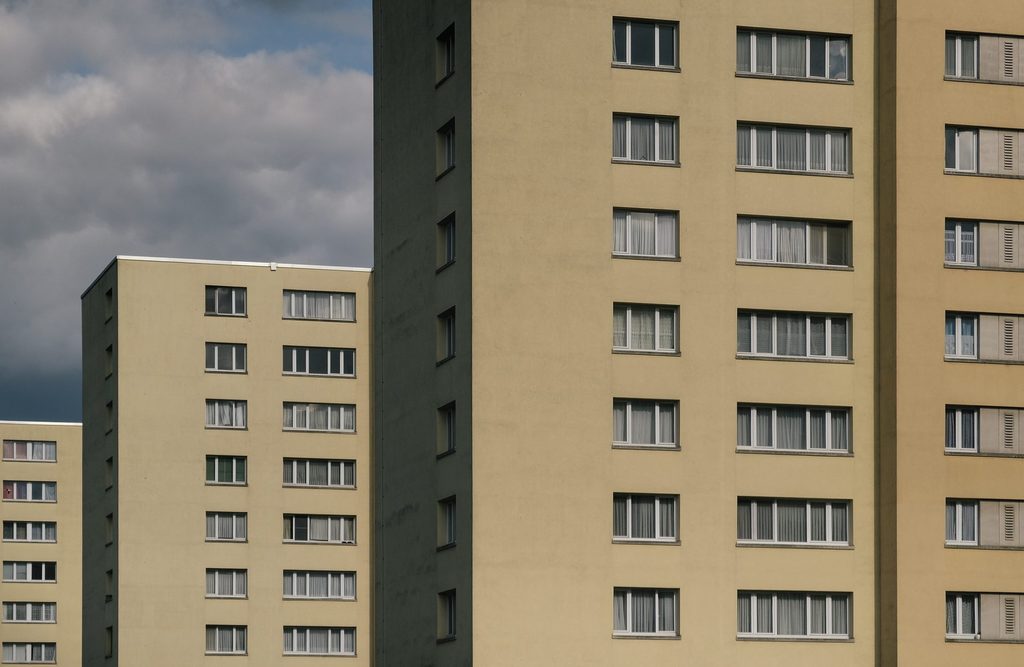More and more Flemish landlords are opting to rent their properties as social housing. This trend could provide some much-needed relief to lengthy waiting lists for homes.
In 2022, social housing companies in Flanders re-let almost 13,500 homes, marking a 25% increase in the five years.
Social housing in the region is provided by a total of 41 companies, the product of a merger between social housing companies, social purchasing companies and social rental offices.
The influx of private landlords to the public market is due to a desire for less troublesome rental processes despite bringing in significantly lower income.
"Becoming involved with a housing company guarantees monthly rent and that the property’s condition remains constant. Landlords continue to receive payments even when tenants default or during property vacancies," CEO of housing company Woontrots Bjorn Mallants told Het Laatste Nieuws.
The stability offered by the system is of enormous appeal to landlords who have dealt with badly behaved tenants in the past.
Anita Steenhaut (72) formerly rented her property privately but faced late payments – or payments that never materialised – alongside a slew of other issues.
"I know that I can earn about 30% more on the private market, but [since joining housing company Dender-Zuid], I have had far less problems," she explained.
Societal benefit
This trend, partly motivated by self-interest, could serve wider society too. There are currently around 176,000 people on the waiting list for social housing in Flanders, with an average waiting time of four years.
In a bid to cut these numbers, Flemish Housing Minister Matthias Diependaele in December announced stricter measures for those seeking social housing, due to take effect in 2025.
The changes will make it more difficult to qualify for social housing and grant priority to working tenants over those without employment.
From 1 January 2024, however, the "local anchoring" principle grants exceptional priority to a prospective tenant already living in a municipality over an employed person who doesn't.
The Minister's plan also includes the end of "for life" contracts. Agreements concluded before 1 March 2017 which were previously considered life-long will now be reviewed after nine years.
Diependaele insists that these restrictions are occurring alongside and not in place of the construction of more housing. "One does not rule out the other," he stated. "On the one hand, we want to direct more social housing to people who need it most. On the other hand, we want to build more social housing."

